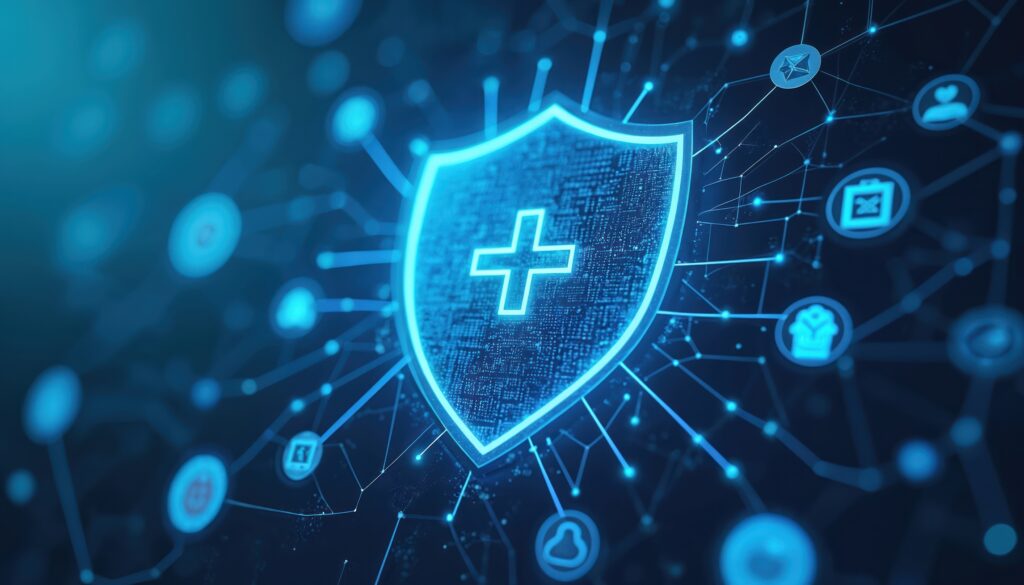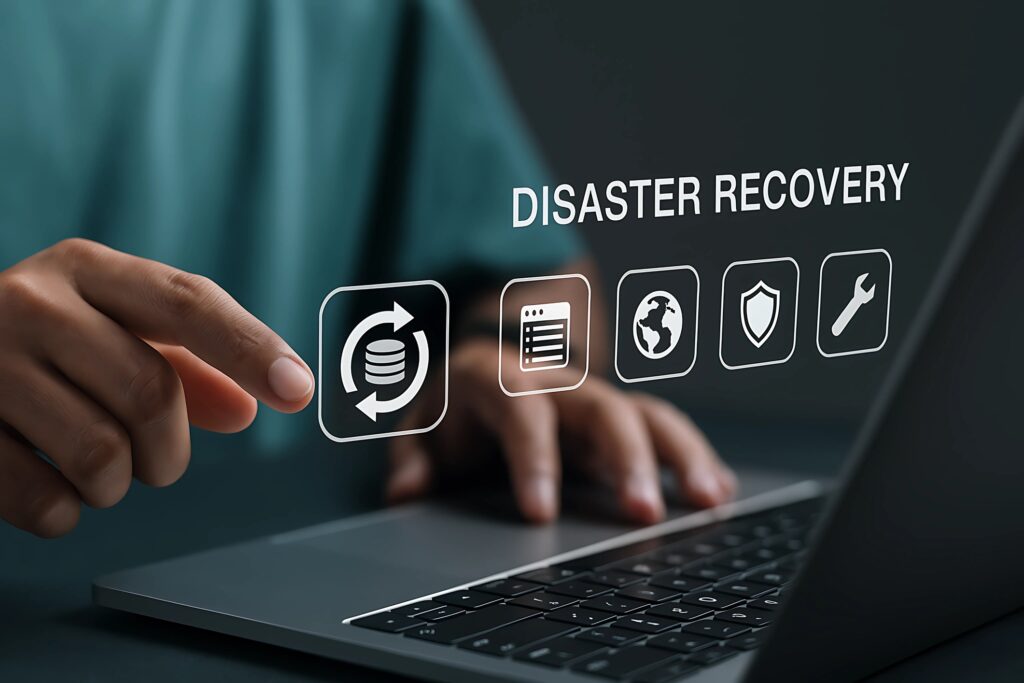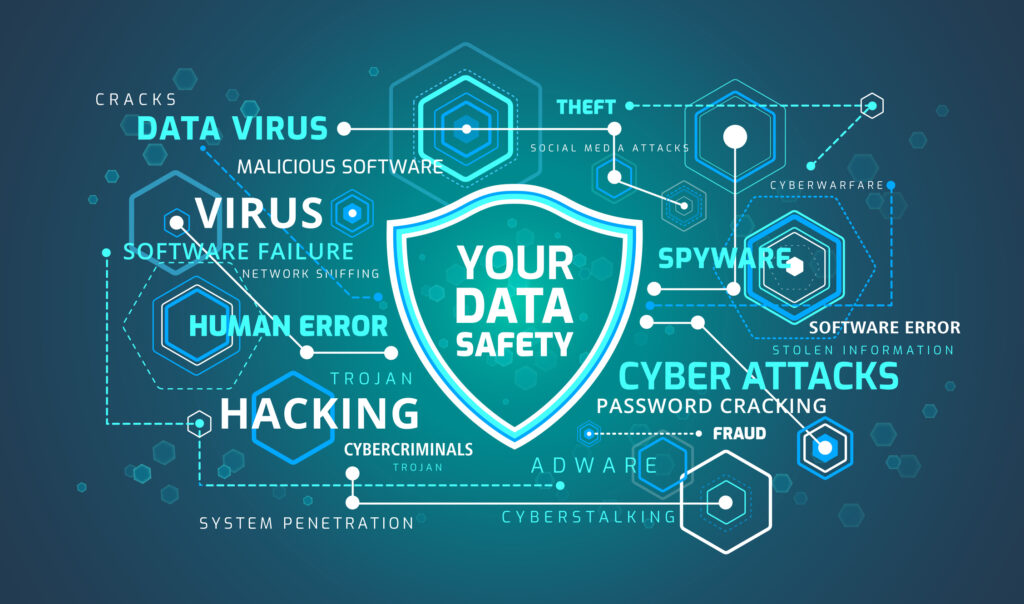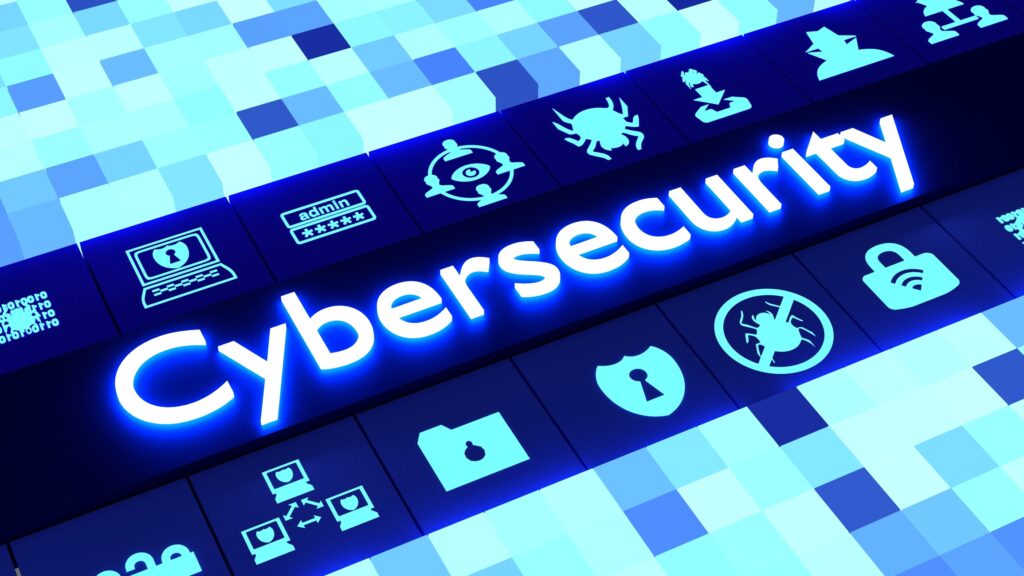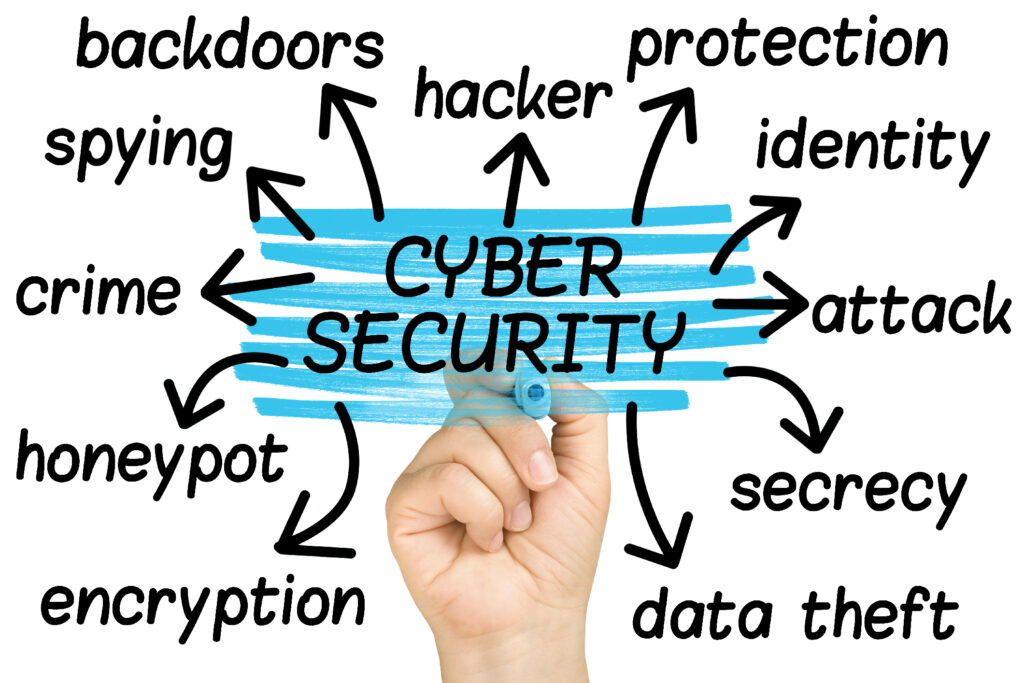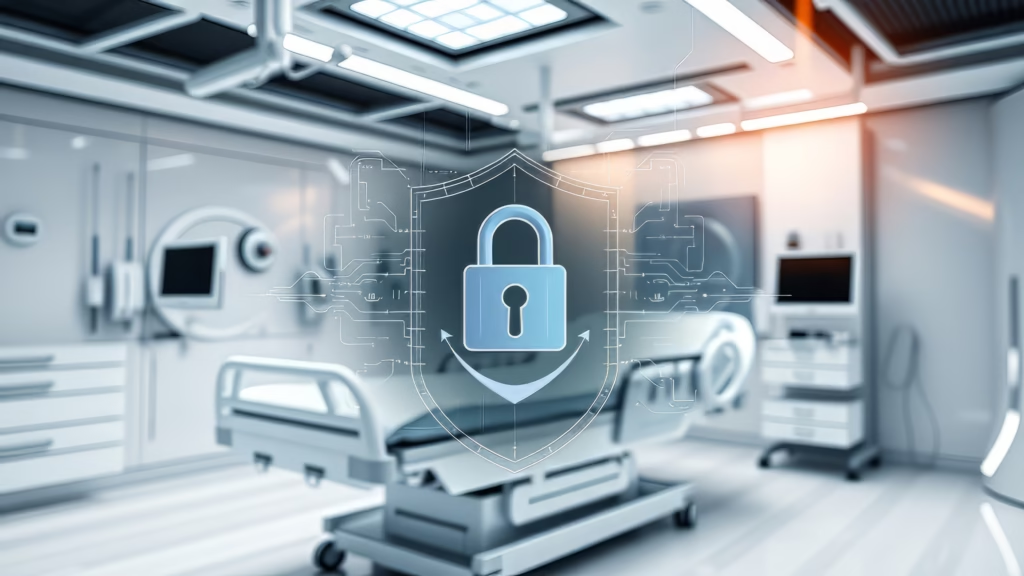Cyber Security
In an era where digital transformation permeates every facet of our lives, the importance of cybersecurity in healthcare cannot be overstated. Protecting sensitive patient information has become paramount with increasing reliance on electronic health records (EHRs), telemedicine, and other digital health technologies. Medical cyber security is not merely about safeguarding data but is crucial for preserving the integrity of healthcare services and patient trust.
The healthcare industry holds a treasure trove of personal information, making it a prime target for cyberattacks. Patient records contain comprehensive data, from personal and financial information to detailed medical histories and treatment plans. A breach in such data jeopardises patient privacy and exposes them to fraud and misuse of information. Moreover, cyberattacks can disrupt the entire healthcare delivery system, leading to delayed diagnoses, treatment errors, and in severe cases, life-threatening situations.
One of the significant challenges in medical cyber security is the sheer volume and diversity of the data involved. Healthcare providers often use a wide array of devices and systems, many of which are interconnected. From hospital servers to wearable health monitors, each point of connection represents a potential vulnerability. Ensuring robust security measures across this spectrum is complex but essential. It requires continuous updates and monitoring to defend against evolving cyber threats.
Additionally, the rise of telemedicine, especially highlighted during the COVID-19 pandemic, introduces new challenges in cybersecurity. Telemedicine platforms transmit sensitive data across networks, necessitating stringent security protocols to protect it from interception or alteration. Healthcare providers must ensure that their telecommunication tools comply with healthcare regulations and standards, such as the Health Insurance Portability and Accountability Act (HIPAA) in the United States, which mandates the protection and confidential handling of protected health information.
Healthcare institutions are increasingly recognising the need for advanced cybersecurity strategies. These include employing dedicated cybersecurity professionals, using sophisticated encryption methods, and conducting regular security training for all staff. Firewall implementation is another key aspect of network security. Healthcare organizations also have firewall management solutions in place to ensure proper policies and rules for security and compliance.
Such measures help create a culture of security awareness and readiness to respond to potential cyber threats.
Public and private sector collaboration is also pivotal in enhancing healthcare cybersecurity. Governments, healthcare providers, and technology experts must work together to develop more robust defence mechanisms, share knowledge of potential cybersecurity threats, and foster innovations that enhance security protocols.
In conclusion, as healthcare continues to evolve with technological advancements, so too must the strategies to protect the systems and data integral to its operation. Cybersecurity in healthcare is not just a technical issue but a fundamental aspect of patient care that requires immediate and ongoing attention. Ensuring the security of medical data and healthcare services is essential for maintaining patient trust and effective healthcare delivery in the digital age.
You are here:
home » Medical Cyber Security



